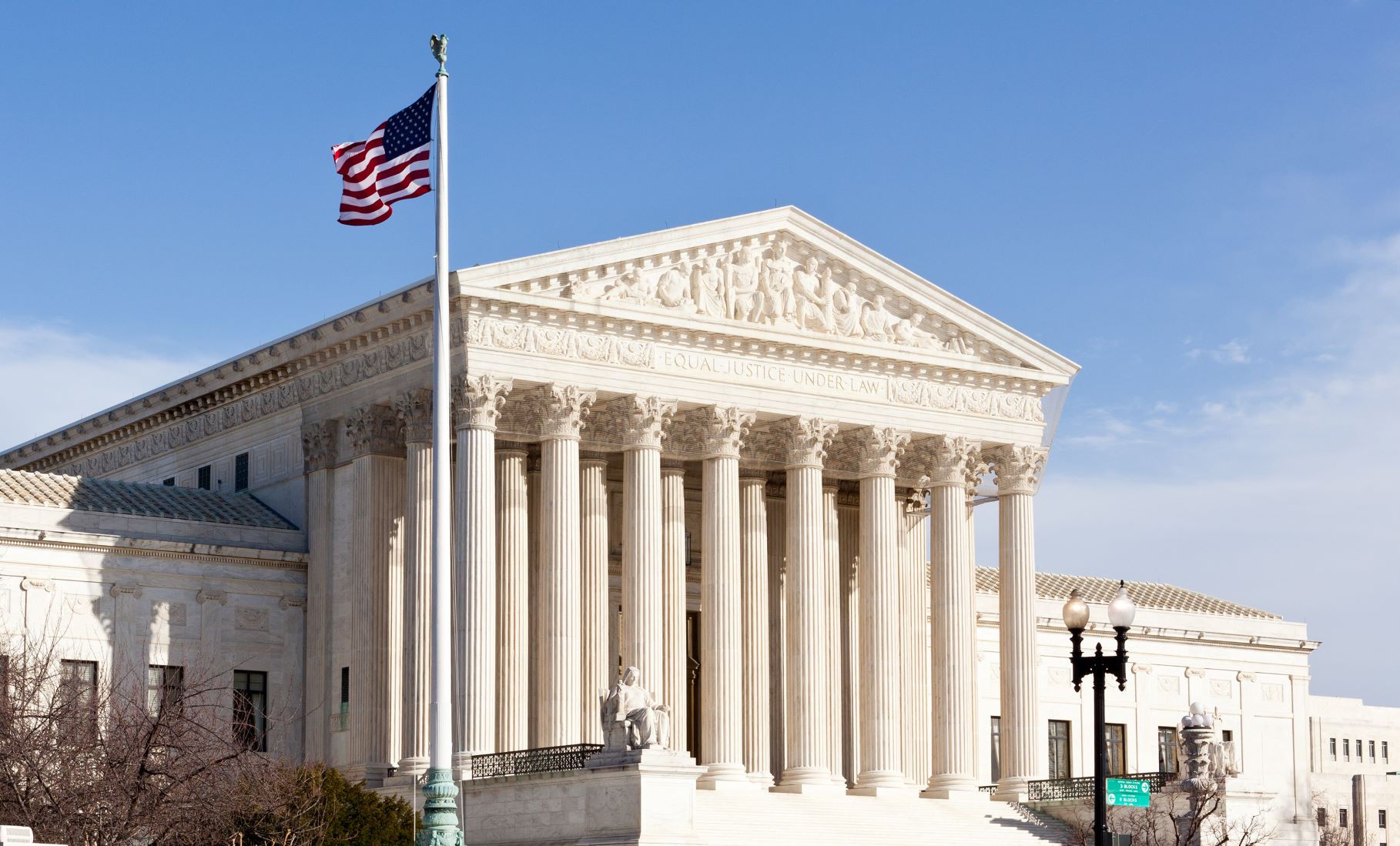SCOTUS Greenlights Florida State’s Medicaid Lien on Settlement Proceeds for Future Medical Expenses
SCOTUS Greenlights Florida State’s Medicaid Lien on Settlement Proceeds for Future Medical Expenses
On June 6, 2022, the U.S. Supreme Court issued its ruling in Gallardo vs. Marstiller. In an opinion drafted by Justice Clarence Thomas, the Court held that the federal Medicaid Act, specifically §1396k(a)(1)(A), permits a state to seek reimbursement from settlement payments allocated for future medical care in a personal injury lawsuit.
The dispute over a Medicaid lien made its way to the Supreme Court following an $800,000 settlement in a personal injury lawsuit brought by Gallardo after she was hit by a school bus in Florida. The settlement expressly designated that $35,367.52 of the settlement amount represented compensation for past medical expenses and that some other portion may represent compensation for future medical expenses.
The State of Florida contended that it could seek reimbursement from settlement payments for past and future medical expenses. In response, Gallardo filed a lawsuit seeking a declaration that Florida was in violation of the federal Medicaid Act by trying to recover settlement proceeds for future medical expenses.
In a 7-2 majority, the SCOTUS affirmed the Eleventh Circuit’s ruling that settlement proceeds for future medical expenses were in fact recoverable. Writing for the majority, Justice Thomas strictly construed the assignment provision, §1396k(a)(1)(A) of the Medicaid Act, by finding that nothing in the provision’s language limits a beneficiary’s assignment of rights to payment for medical care from any third party to past medical expenses. Invoking the canons of construction, Justice Thomas also noted that the express reference to past medical expenses in other provisions in Medicaid Act indicate that its absence from §1396k(a)(1)(A) was intentional.
The Court rejected Gallardo’s broader interpretation of §1396k(a)(1)(A), which read the provision in the context of other related provisions within the Medicaid Act. For example, Gallardo argued that another provision expressly referencing past medical expenses is incorporated into §1396k(a)(1)(A). In support of her contention, Gallardo relied on a prior U.S. Supreme Court case, Arkansas Dept. of Health and Human Servs. vs. Ahlborn, finding that the two provisions echoed each other. However, the Supreme Court pointed out that Ahlborn addressed the provisions’ correlation on an entirely separate point.
Justice Sotomayor, dissenting, asserted that a state should recover only Medicaid amounts actually paid out and noted that it would be fundamentally unjust for a state agency to share in damages for which it has provided no compensation. In so asserting, she referenced the Medicaid Act’s prohibition against the State imposing a lien on non-medical-related settlement proceeds such as lost wages or pain and suffering.
As a result of the Gallardo decision, Florida Plaintiffs who are Medicaid recipients should expect that the portion of settlement proceeds allocated for past medical expenses may not suffice to satisfy a Medicaid lien.










